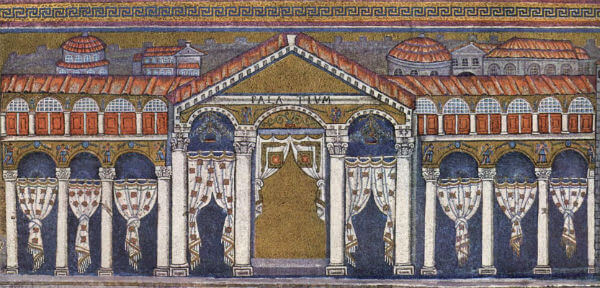Text João Barbosa | Translation Bruno Ferreira
Some years ago I realized, through a Portuguese wine magazine article that the old regime – a system that prevailed in Europe since the end of the XVI century until the French Revolution – after all still exists.
If I was a politics columnist, that kind of Excellence would be ripped apart, all the way from Left to Right, including the monarchs (I believe there are 3 Absolutisms’ apologists). This nobleman from the Royal Wine House, Spanish by birth, claimed that there is a nobility among connoisseurs.
A nobility consisting of people who even though seduced by the alcohol effects do not get drunk; barbarians’ things, of ignorants, savages… I’m not overreacting, these were basically the terms used.
The herald of the wine king who to me is the jester. Because he doesn’t know anything about history or anthropology or even thinks about the lines he writes. After the barbarians, the scribbler even added a level of non-conscious oenophiles. There’s the people, bourgeoisie and nobility. The clergy was not included, either that or the jester is also cardinal.

Totila, KIng of the Ostrogoths, ruled from 541 to 552. XVI centuary painting by Francesco de’ Rossi. (modern)
I’m not advocating to drink incommensurably or in a way that might cause trouble. For centuries, more like millennia, alcohol was something more than pleasure. The wine was a source of calories, healthy beverage (drinking water, mostly in towns was hazardous to health due to pollution) and also a pleasure source.
Fortunately, the times have changed. A documentary directed by António Barreto (a sociologist) shows that in 1979 there were children in Fonte da Telha – in the nearby of Almada and Sesimbra – whose diets included sopas-de-cavalo-cansado. This serious fact shows us the misery lived until the Democracy establishment as well as the way wine was seen in the everyday life.
Alcoholism, be it based on wine or another product, is not desirable in any aspect. However, there’s a difference between alcoholism, intoxication and getting drunk at a party. If wine – alcohol – has reached the present day is, in huge part, thanks to its “magical” use, inducer of an altered conscious state.

Teodorico, the Great, King of the Ostrogoths, ruled from 475 to 526. Medieval painting
And, aside from alcoholism, intoxication and binge drinking there’s civility, a noun that has as much of drunken as of sober. Who wants to party limitless has the right to do so. But I have to criticize if you’re going to handle machinery in that state, putting your own life and others’ at risk.
Moreover, alcohol people – those who have it culturally implemented – know more or less how to handle the situation which does not mean the absence of problems at all. National Geographic Channel transmitted a series of documentaries based on the addictions and places where toxic creates hazards to public health. Among the situations (repeated) such as crack, cocaine, horse painkillers (!!!), alcohol also made its appearance – one single time.

Teodorico’s Palace, in Ravena – were great binges happened for sure
Not all Amerindian societies (probably the majority) were familiar with alcohol upon the Europeans arrival. In some regions their defenses are still fragile nowadays. In some remote areas in Alaska, alcohol (distilled) is compared to heroin’s plague – like the one lived in Portugal’s 90s. In Anchorage, a whiskey bottle is worth ten times more in isolated areas.
Moderation should be mandatory. Civility and consciousness on its consumption should inhibit risk situations. Exagerate once in a while is not that serious. The “blessed” of the wine surely have the same hypocrisies as the “blessed” of other moralities.




Leave a Reply